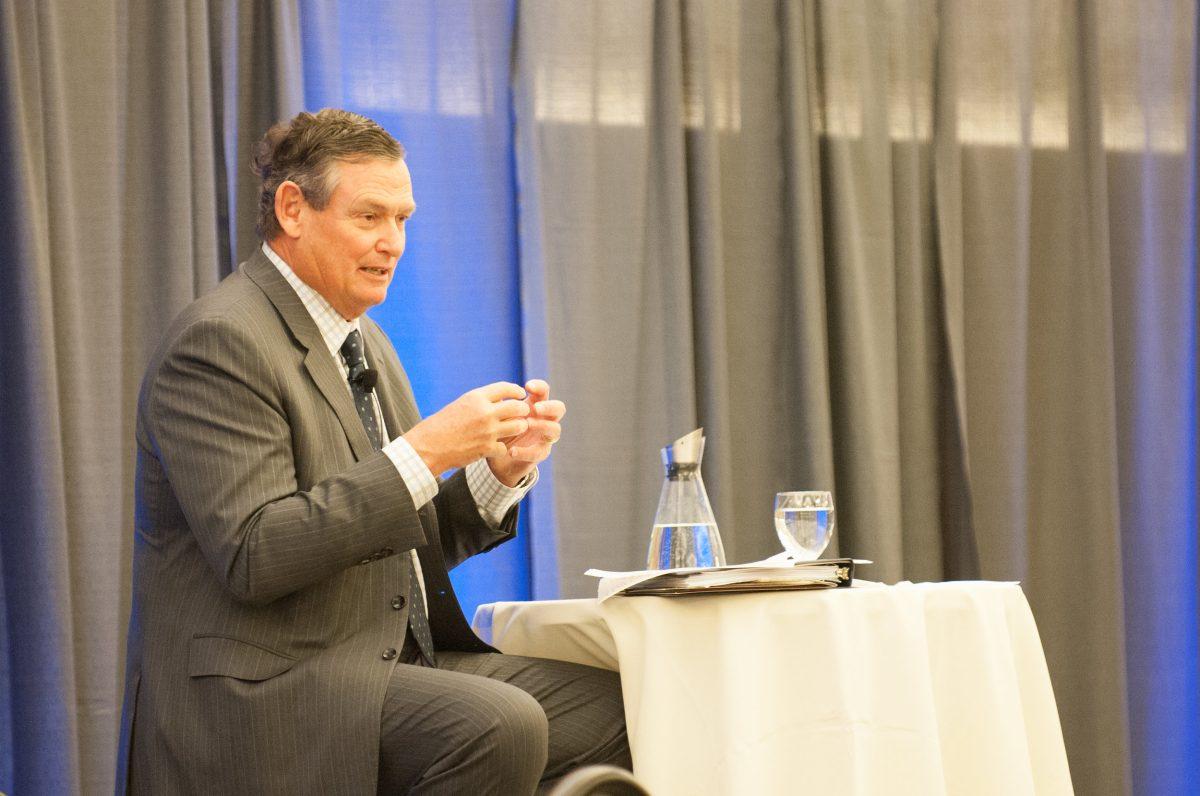On a narrow vote of 11-8, the Board of Trustees for the California State University system has approved a $270 tuition increase, the first since 2011. The increase takes effect this fall and could generate up to $77.5 million of net revenue.
The Cal State system will set aside a third for financial aide and use the rest to fund a CSU graduation initiative; a push to double four-year graduation rates within the CSU system and eliminate equity gaps for underserved and low-income students.
Assembly members, faculty and students had mixed reactions to the tuition increase since its proposal last September. Many are concerned that the California State University system is not doing enough to support its students and commit to education. Massive student protests were held on the day of the decision.
Assemblywoman Sharon Quirk-Silva has introduced Assembly Bill 393, a bill that would freeze tuition until the 2019-2020 academic year. “It is my belief that funding our systems of higher education should not be done on the backs of students and their families,” Quirk-Silva wrote in a letter to the CSU Board of Trustees. “For this reason, we strongly oppose this tuition increase which would continue to put a burden on low-income and middle-class families.”
Sonoma State University Associated Student President Emily Hinton said that she opposed the tuition increase and supports AB393. “Our team will be making trips to meet with our local representatives to lobby on behalf of bills like AB393,” Hinton said. “In May we will be at the capitol lobbying for the May budget revise to include changes that will help improve student life.”
Hinton said students can get involved by going to the Student Activities Office and filling out postcards to send to Governor Brown. “We will also be collecting student testimonials for a video campaign that will demonstrate how the tuition increase affects student life,” she said.
If students want to know more, they can attend the next pizza with the president town hall meeting which both Emily Hinton and President Sakaki will be attending.
“Students will have the opportunity to ask us questions related to the tuition increase, or any other fee related questions,” Hinton said. The meeting is tentatively scheduled from 1 p.m. to 4 p.m on April 27 at the Seawolf Plaza.”
“I know how hard it is for many families and students to cover their expenses,” Sakaki said. “We’re at a critical point where we need additional revenue to add faculty, courses, advisors and other critical support services so students can be successful and graduate in a timely fashion.”
“No one wants to see tuition increase. I certainly don’t,” she said. “The good news is that the 60 percent of our students who now have their tuition fee covered by grants or waivers will not be affected by this increase.”
According to CSU Spokesperson Elizabeth Chaplin, that number is similar across the Cal State system. “Sixty three percent of our undergraduates have their tuition fully covered by grants and waivers, which do not need to be repaid,” she said.
It may even be possible to reverse the tuition increase, but Chaplin said that depends on the California state budget.
“If the CSU receives sufficient funding from the state, an increase in tuition would be reduced or eliminated,” she said. “Students would be refunded or credited if they had already paid the increased amount.“
The state will release its final budget in June, Chaplin said. It will be clear whether the state intends to fully fund the CSU system.



































